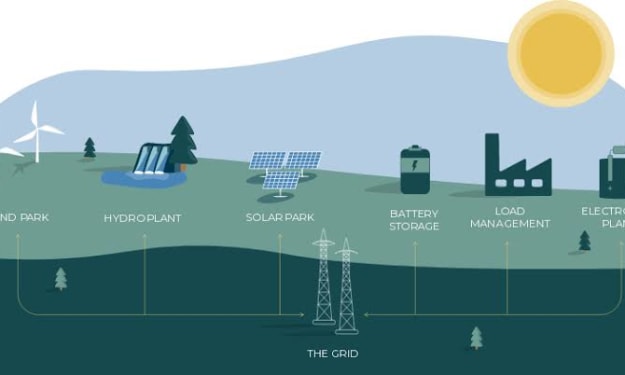
Plastic has become an essential material in our daily lives due to its convenience, durability, and low cost. However, our dependence on plastic has resulted in a significant environmental problem. Plastic waste has accumulated in landfills and oceans, causing damage to wildlife and marine ecosystems. Therefore, it is crucial to rethink our relationship with plastic to reduce its environmental impact.
Firstly, reducing the production of single-use plastic is critical to reducing plastic waste. Single-use plastic items such as straws, utensils, and shopping bags are often used for a few minutes before being discarded. Governments and individuals can take steps to reduce single-use plastic consumption, such as implementing plastic bag bans or opting for reusable alternatives. Companies can also design products with less packaging or use biodegradable materials as an alternative to plastic.
Secondly, recycling can play a significant role in reducing plastic waste. However, current recycling systems face many challenges, such as contamination and lack of infrastructure. Governments and companies can invest in improving recycling infrastructure and education to increase the quality and quantity of plastic recycling. Consumers can also play their part by correctly sorting their recyclables and reducing contamination.
Thirdly, we need to shift towards a circular economy model, where plastic is designed to be reused or recycled. In a circular economy, plastic waste becomes a valuable resource rather than a burden. Companies can design products that can be easily disassembled and recycled at the end of their life cycle. Governments can incentivize the use of recycled materials in manufacturing and support research into new plastic alternatives.
Lastly, we need to address the root cause of our plastic problem, which is our throwaway culture. Our consumption habits and desire for convenience have driven the production and disposal of plastic. By changing our mindset and lifestyle, we can reduce our reliance on plastic and shift towards more sustainable alternatives. For example, we can choose to purchase items with less packaging or bring our reusable bags and containers when shopping.
Plastic waste is a global problem that affects not only our environment but also human health. Plastic pollution has been found in the air, water, and soil, and it can have detrimental effects on wildlife, marine life, and ecosystems. For instance, plastic waste in the ocean can entangle marine animals, suffocate them, or cause them to ingest plastic, leading to injury or death. Moreover, microplastics, which are small plastic particles that can enter the food chain, have been found in seafood, tap water, and even the air we breathe.
To address the plastic pollution problem, various stakeholders, including governments, industries, and individuals, must take action. Governments can implement policies and regulations that reduce plastic production, improve recycling infrastructure, and support research and innovation towards more sustainable alternatives. For instance, some countries have implemented plastic bag bans, plastic straw bans, and extended producer responsibility schemes that hold companies responsible for the environmental impact of their products.
The industry also has a crucial role to play in reducing plastic waste. Companies can design products with less packaging, use biodegradable materials, and incorporate recycled plastic into their products. For example, some companies have introduced reusable or compostable packaging, while others have launched initiatives to collect and recycle plastic waste.
Individuals can also make a difference by adopting sustainable habits and reducing their plastic consumption. For instance, we can bring our reusable bags, water bottles, and coffee cups, avoid single-use plastic items, and properly sort our recyclables. Moreover, individuals can support businesses and brands that prioritize sustainability and hold them accountable for their environmental impact.
In conclusion, plastic pollution is a pressing environmental problem that requires a collective effort to address. By reducing single-use plastic, improving recycling infrastructure, shifting towards a circular economy model, and changing our consumption habits, we can reduce the amount of plastic waste that ends up in landfills and oceans. It is time to rethink our relationship with plastic and embrace more sustainable alternatives.
About the Creator
9FunFacts
belief in or acceptance of something as true.
Reader insights
Outstanding
Excellent work. Looking forward to reading more!
Top insights
Compelling and original writing
Creative use of language & vocab
Easy to read and follow
Well-structured & engaging content
Excellent storytelling
Original narrative & well developed characters
Expert insights and opinions
Arguments were carefully researched and presented
Eye opening
Niche topic & fresh perspectives
Heartfelt and relatable
The story invoked strong personal emotions
Masterful proofreading
Zero grammar & spelling mistakes
On-point and relevant
Writing reflected the title & theme






Comments (3)
Seems like you enjoyed writing. Well done.
natural writing!!!!
Need to think about again